Commenting on the draft documents of the 14th National Party Congress, cadres, party members and people of Hai Phong said that the draft Political Report and assessment of the results of implementing the socio-economic development tasks for the 5 years 2021-2025 and the directions and tasks for socio-economic development for the 5 years 2026-2030 were carefully prepared, serious, objective, and highly general.
The content presented is scientific, easy to follow and in-depth, honestly reflecting the socio -economic situation of the country, with many reasonable, profound comments and assessments, and many new points. Among them, "heritage economy" is the content that many party members are interested in.
Community-based heritage economic development
Ms. Trinh Ngoc Anh, Secretary of the Party Committee of Dai Son Commune, Hai Phong City, said that this is a strategic approach, harmoniously combining conservation and development, making cultural and historical heritage an important endogenous resource for the community and locality.
Comparing this concept with local reality, Ms. Trinh Ngoc Anh said that Dai Son commune was formed from four ancient communes of Dai Dong, Ky Son, Hung Dao, and Binh Lang in the former Hai Duong province, and now possesses a diverse system of heritage values.
These are not only relics of communal houses, temples, pagodas, shrines or historical military works, royal decrees and ancient steles, but also religious culture - Mother Goddess religion, through the people's worship of historical figures such as Lady of the Cup, Holy Mother Vu Thi Duc, and Businesswoman Boi Lang in the 17th century.
These heritages, along with traditional festivals, not only reflect the depth of culture and history but also strengthen the community's faith and pride. Every year, the relics in the area attract thousands of people to come to burn incense, visit and experience the culture.
If properly planned, managed and exploited, these heritages can become experiential tourism products, OCOP products, educational activities and cultural promotion, creating sustainable livelihoods for the community.
According to Ms. Trinh Ngoc Anh, who is passionate about the concept and thinking of “heritage economy”, to effectively implement it in practice, it is necessary to synchronize a number of solutions. Specifically, it is necessary to build a local development plan that links heritage with community life, considering heritage as a cultural-economic axis in the development of advanced new rural areas.
Besides, it is necessary to develop a community-based heritage economic model, encouraging people to participate in managing, restoring, exploiting and renewing heritage values.
Finally, specific support mechanisms are needed, including infrastructure investment, human resource training, market promotion and connection, while encouraging socialization and application of digital technology.
The Secretary of the Party Committee of Dai Son commune believes: “If the heritage economy is implemented systematically, it will both preserve cultural identity and create long-term livelihoods, help the community get closer to the people and improve the cultural and spiritual life of the people. With the mindset of a young cadre from the grassroots, I believe that the heritage economy is a breakthrough, humane and practical direction, contributing to connecting the past with the present, while promoting sustainable development for the locality and the country.”
Sharing the perspective on "heritage economy" mentioned in the draft Political Report of the 14th National Party Congress, according to Mr. Tran Quang Tuan, Secretary of Kien An Ward Party Committee, this concept is still quite new in our country, but for many developed countries, this is considered a strategic direction to both preserve identity and be an important resource for economic development.
“This is a new direction, marking an important shift in perception, from considering heritage conservation as a cost of the cultural industry to a resource for sustainable economic development for the locality.
Currently, in Kien An ward, there are 9 relics, including 1 national historical relic, 8 city-level relics; 4 annual festivals taking place at the beginning of the year. These are resources that Kien An can exploit to become unique local tourism resources in the coming time.
Affirming that Kien An ward always pays attention to preserving and maintaining local cultural traditions and heritages, Mr. Tuan added that in the coming time, the ward will continue to promote the importance of preserving cultural and historical values in parallel with economic development, aiming to exploit and use cultural and historical heritages to create economic value.
Promoting the functions of cultural institutions
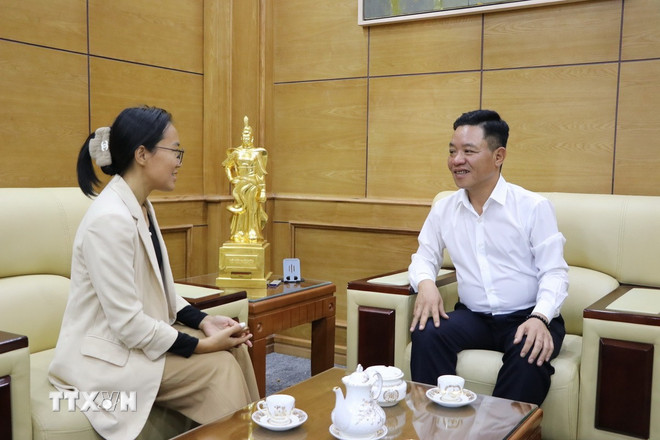
In the cultural field, Kien An Ward Party Secretary Tran Quang Tuan also paid much attention to the content stated in the draft: "Building institutions and organizing cultural activities in a practical and flexible direction, focusing on the grassroots and people" and "Strongly developing cultural industries and cultural services to increasingly better meet the people's cultural enjoyment needs."
Kien An Ward has 1 public service center, 1 library, 19/43 residential groups have cultural houses; among them, there are residential groups with many cultural houses. However, the ward still lacks land for cultural facilities.
In order for culture to truly become a driving force for development, according to Mr. Tran Quang Tuan, it is necessary to concentrate resources to invest in building cultural institutions at all levels to gradually meet the standards prescribed by the Ministry of Culture, Sports and Tourism; develop a mechanism to support part of the budget to build and invest in equipment for cultural institutions in residential groups; regularly organize cultural, artistic and sports activities to fully promote the functions of cultural institutions in raising awareness and spiritual life of the people.
Mr. Tuan also said that it is necessary to mobilize social resources to participate in supporting the construction of cultural institutions; encourage people and organizations to participate in investing in the cultural field such as: cultural service business, entertainment to create revenue for the system of cultural and sports institutions.
In addition, it is necessary to improve the effectiveness of cultural institutions, innovate the content of activities, develop cultural clubs, focus on organizing festivals, contests, mass art performances, sports competitions, etc. to create conditions for people to participate in creating, preserving and promoting local cultural values.
According to Mr. Tuan, some other solutions that need to be considered are organizing professional training courses and skills for people in charge of cultural institutions in residential groups to manage and organize cultural activities well at the grassroots level; issuing documents with specific regulations on investment and use of cultural institutions, and support policies for those participating in managing cultural houses in residential groups every month to motivate and encourage this team in exploiting and using cultural institutions effectively./.
Source: https://www.vietnamplus.vn/gop-y-van-kien-dai-hoi-xiv-phat-trien-kinh-te-di-san-gan-voi-cong-dong-va-van-hoa-post1077088.vnp




![[Photo] Action for the Community tells stories of enduring journeys – both intimate and great, yet quiet and determined](https://vphoto.vietnam.vn/thumb/1200x675/vietnam/resource/IMAGE/2025/11/15/1763179022035_ai-dai-dieu-5828-jpg.webp)



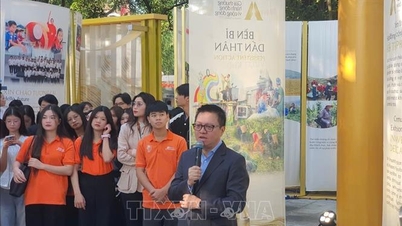

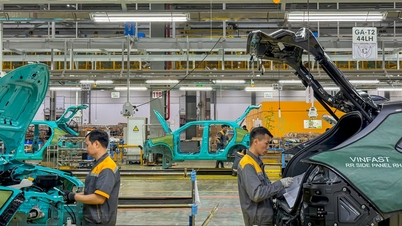



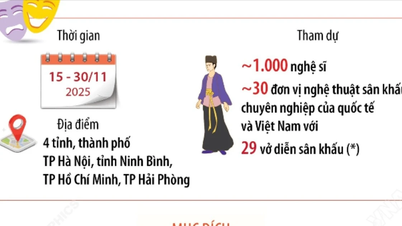
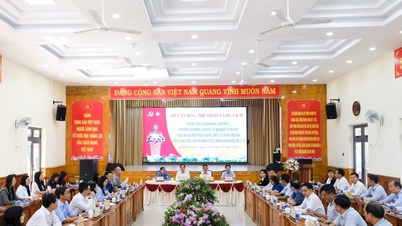

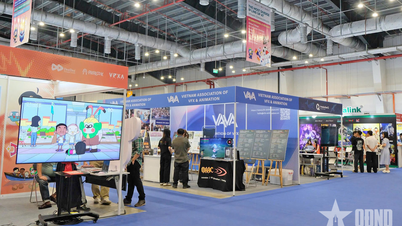

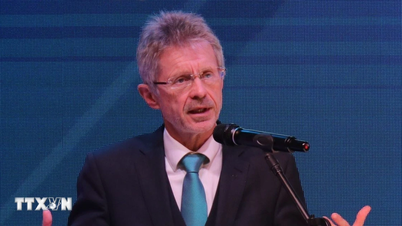
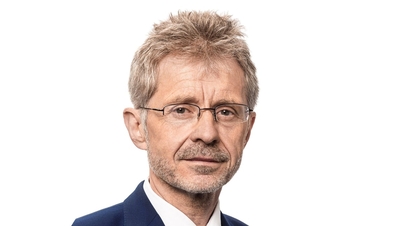

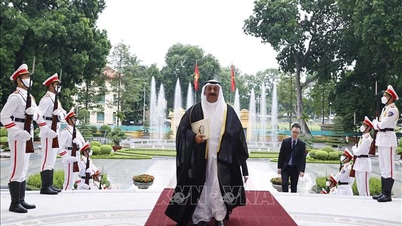
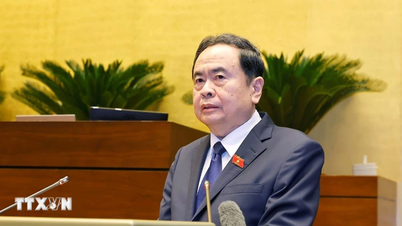
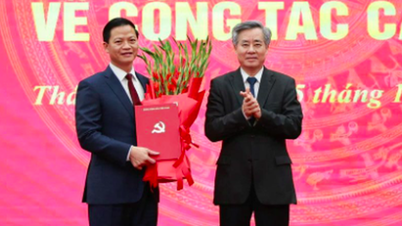

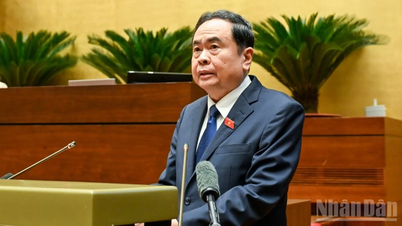





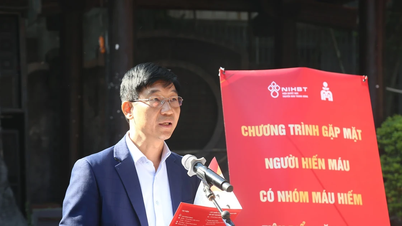

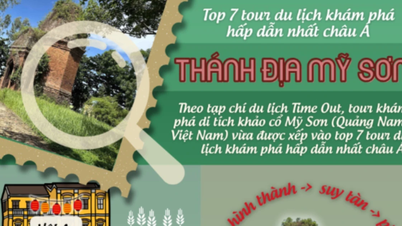

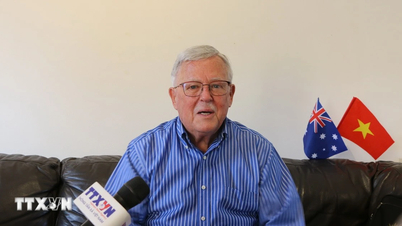


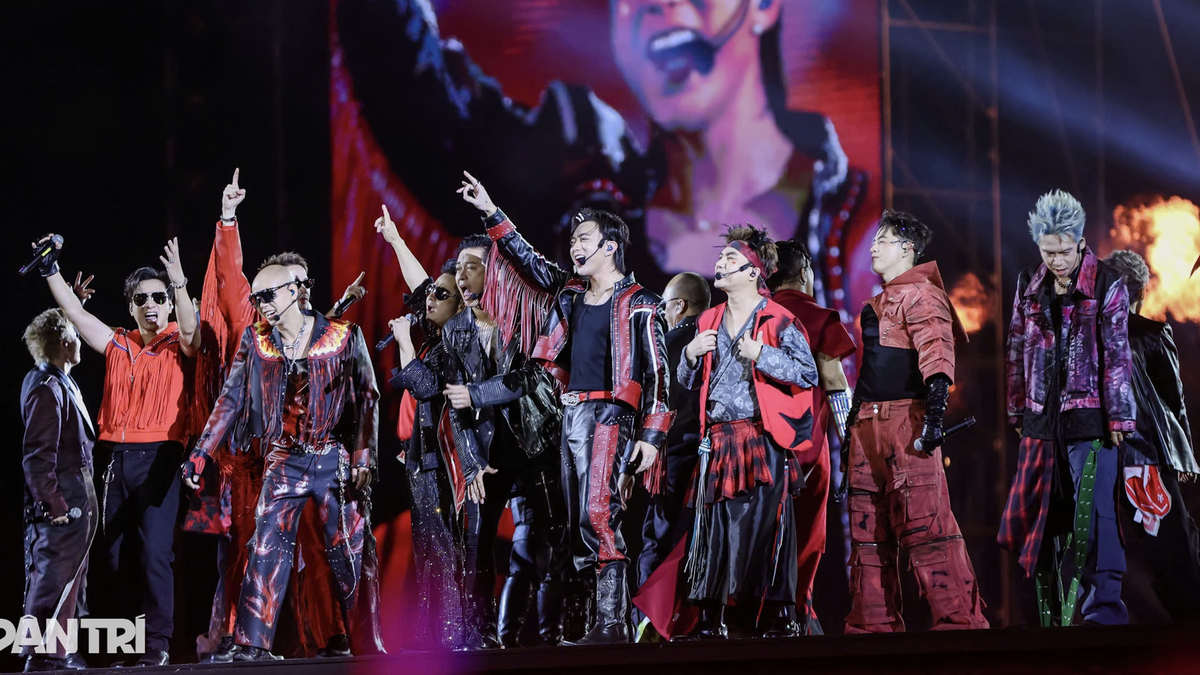








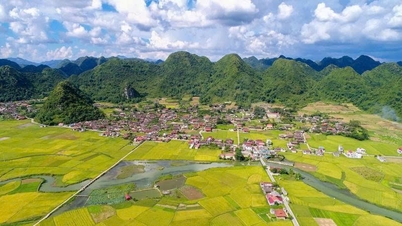

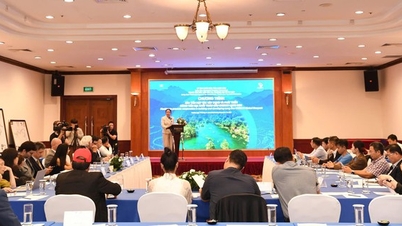





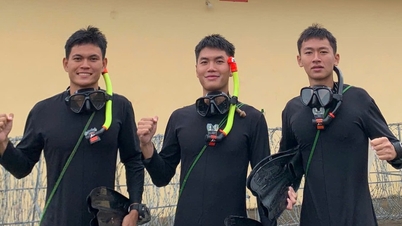


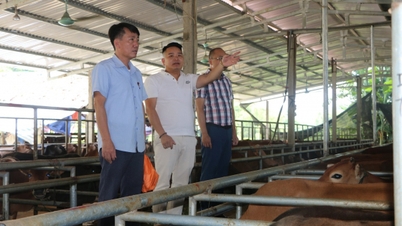

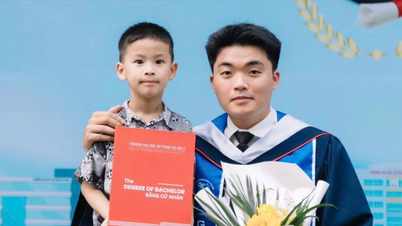

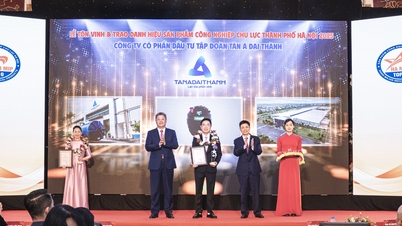














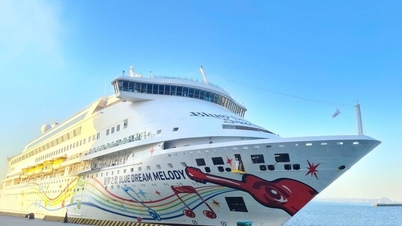
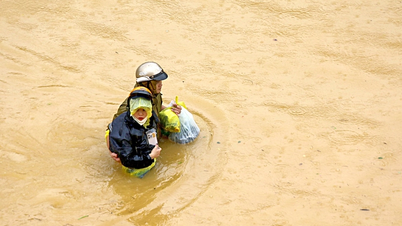


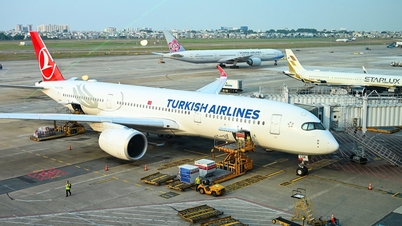
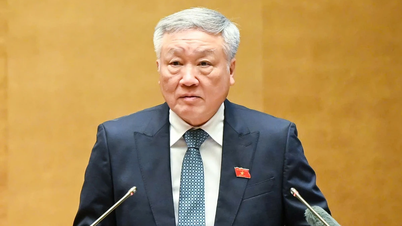


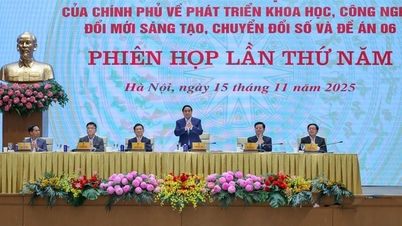
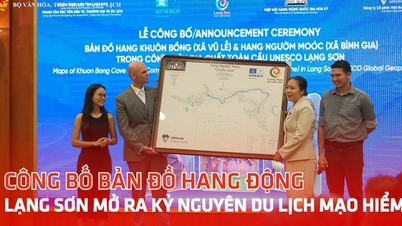
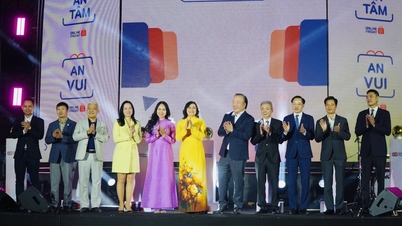

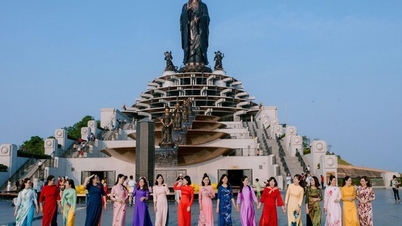
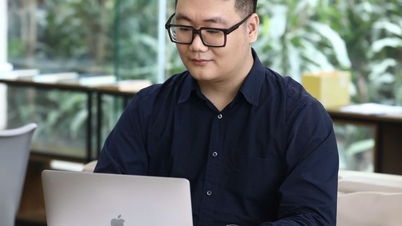

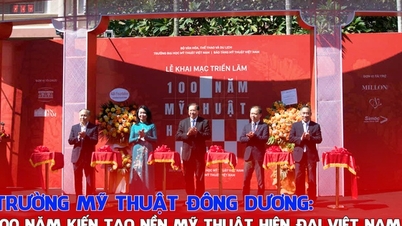
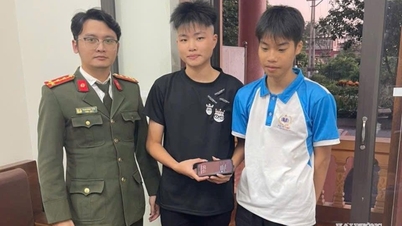
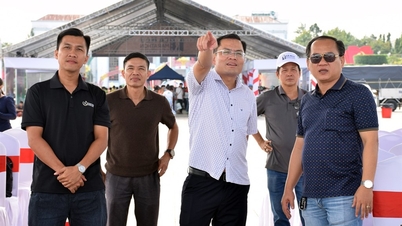


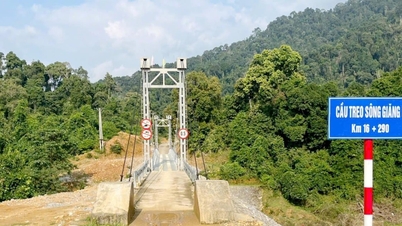








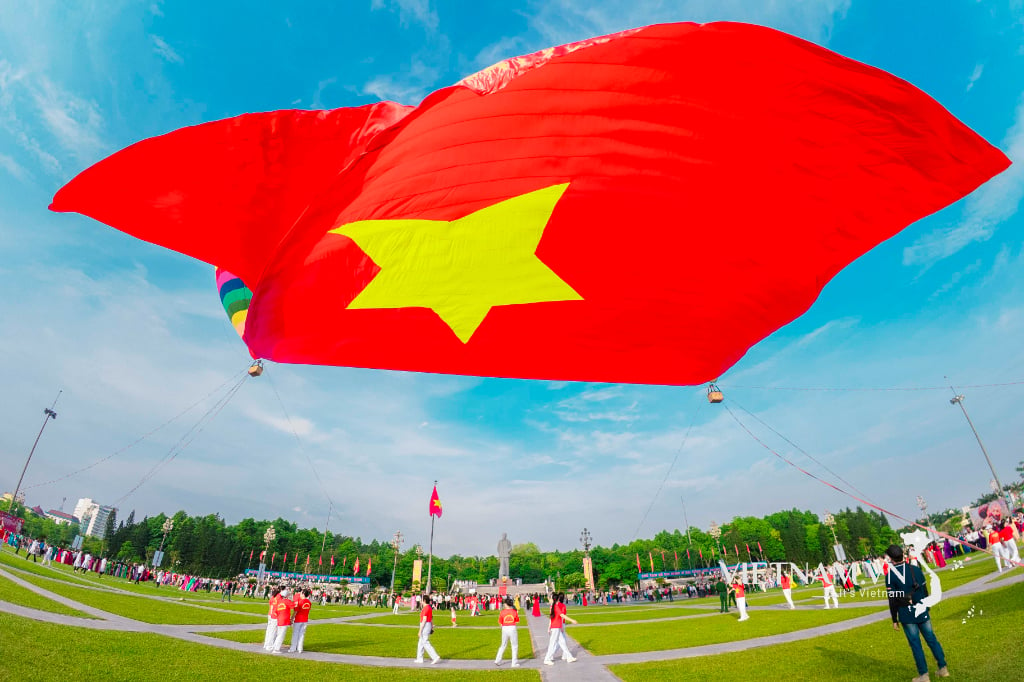

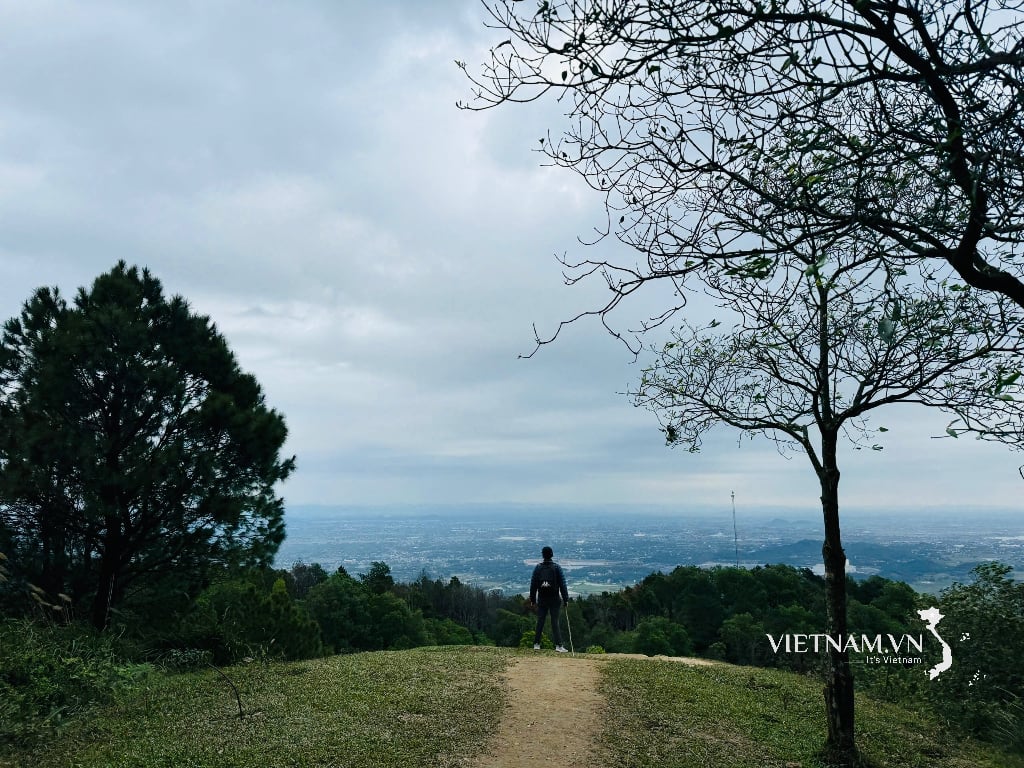

Comment (0)